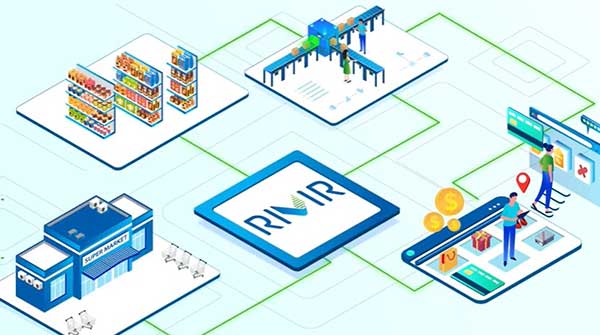While the consumer-packaged goods (CPG) industry has grown over the past few years, there are still many obstacles to overcome. If you’re a business owner looking to get into the CPG market, you should consider the following challenges:
- Changing Consumer Habits
One major change in consumer habits is the prevalence of online shopping. Consumers are more likely to purchase directly from brands they respect and value, and if a business violates their values, consumers will quickly change brands. Another change in consumer behavior is how easily they switch brands when they experience repeated issues with availability. These changing habits can force businesses to develop new ways to be efficient and stay relevant.
- Direct-to-Consumer Brands
Direct-to-consumer (DTC) brands allow startup companies to do business sooner, but there is a ton of competition in the industry. DTC brands focus entirely on consumer’s experiences and do most of their business online. Many DTC brands spend their budgets on online advertising and ecommerce solutions.
- Private Labels
The reinvention of private labels has presented a significant challenge in the CPG market. Private labels allow businesses to meet consumer demand without engaging in costly and time-consuming processes. Instead, they outsource production with a third-party company and then sell it under their brand. Private-label brands, such as Costco’s Kirkland Signature brand, tend to profit more than other brands, making it more challenging for startups to profit in physical stores.
- Competition Between CPG Companies and Retailers
Retailers have gotten more competitive, and companies with private labels want their labels to be prioritized over other products. This can cause friction between CPG companies and retailers. Many renowned online retailers own numerous private-label brands, and while these brands’ products might be lower quality and cheaper, some businesses tend to view them on the same level as name-brand items.
- Labor Shortages
Supply chain management has needed to adapt to changes caused by supply chain challenges. Work shortages are commonplace, and it’s still a challenge many businesses face today. While companies can automate certain jobs, some, such as truck driving, cannot be automated. Many people in younger generations don’t gravitate toward truck driving as a job, which only makes the labor shortage more challenging for businesses that need to ship products to consumers.
- Weather and Global Challenges
Another challenge some businesses must consider includes climate change. While the weather is uncontrollable, businesses must adapt for the supply chain to continue functioning. Global CPG companies must consider international trade regulations when doing business overseas. If tariffs are in place, a company should examine its viability in other countries and determine which products to sell to maximize profits.
How to Combat CPG Challenges
If you’re interested in entering the CPG market, these challenges should not discourage you. Despite the hefty competition and labor challenges, businesses of all sizes are still profiting in the CPG market. At RIVIR, we can help your business thrive. To learn more about CPGs, contact us today.
This content is a joint venture between our publication and our partner. We do not endorse any product or service in the article.


